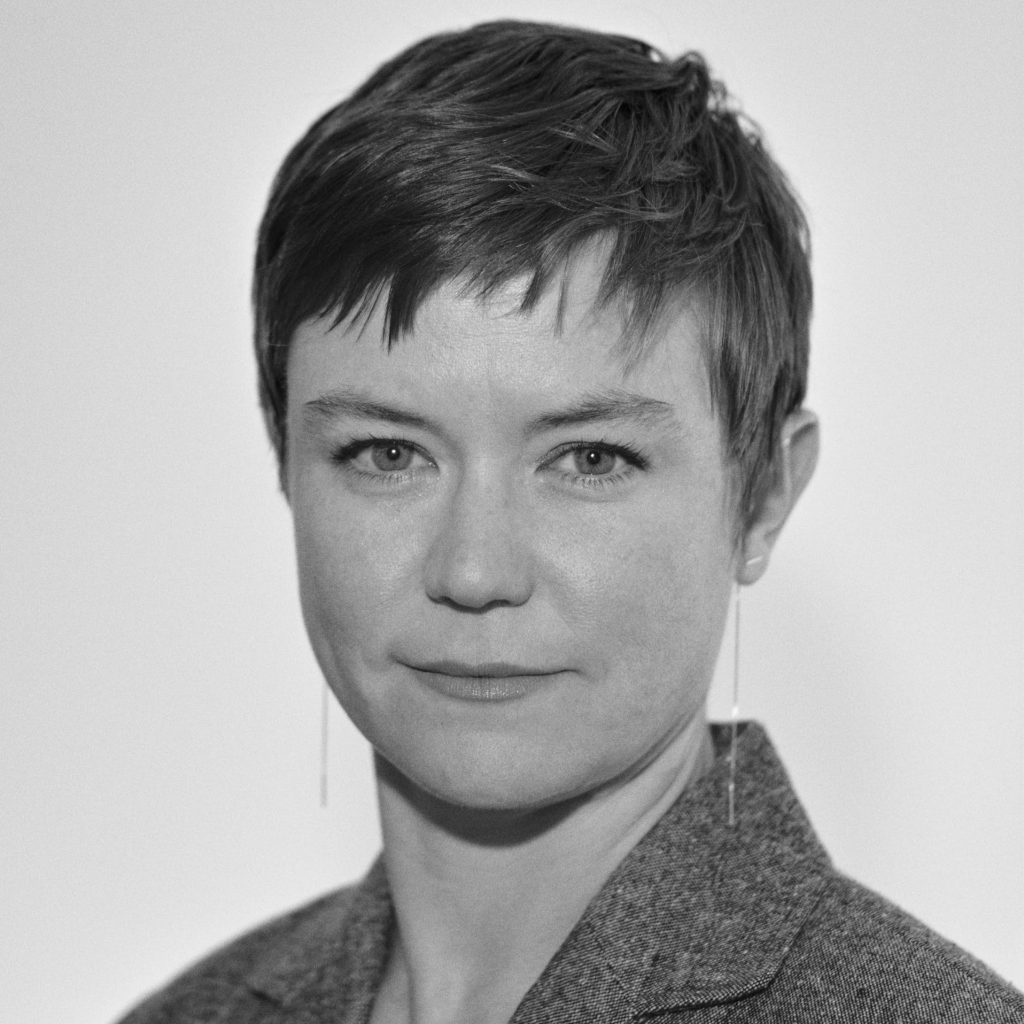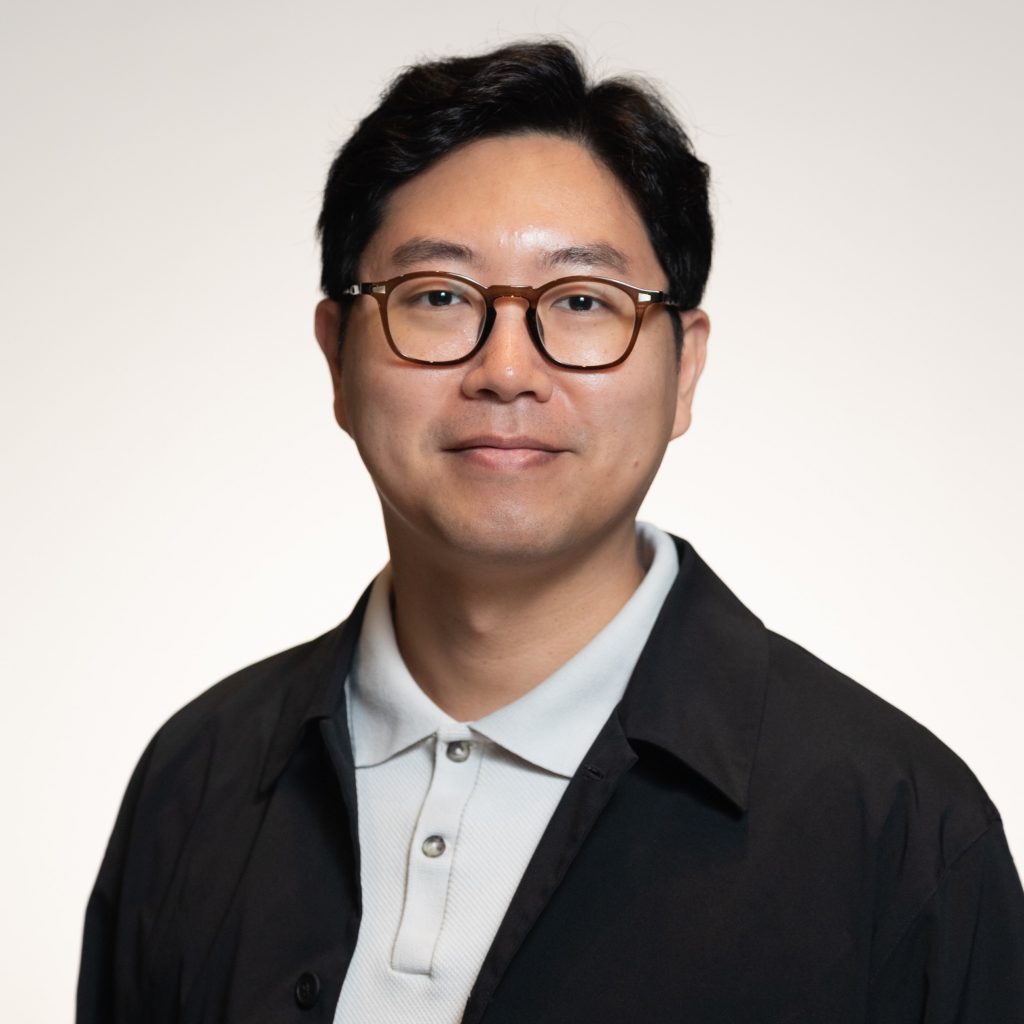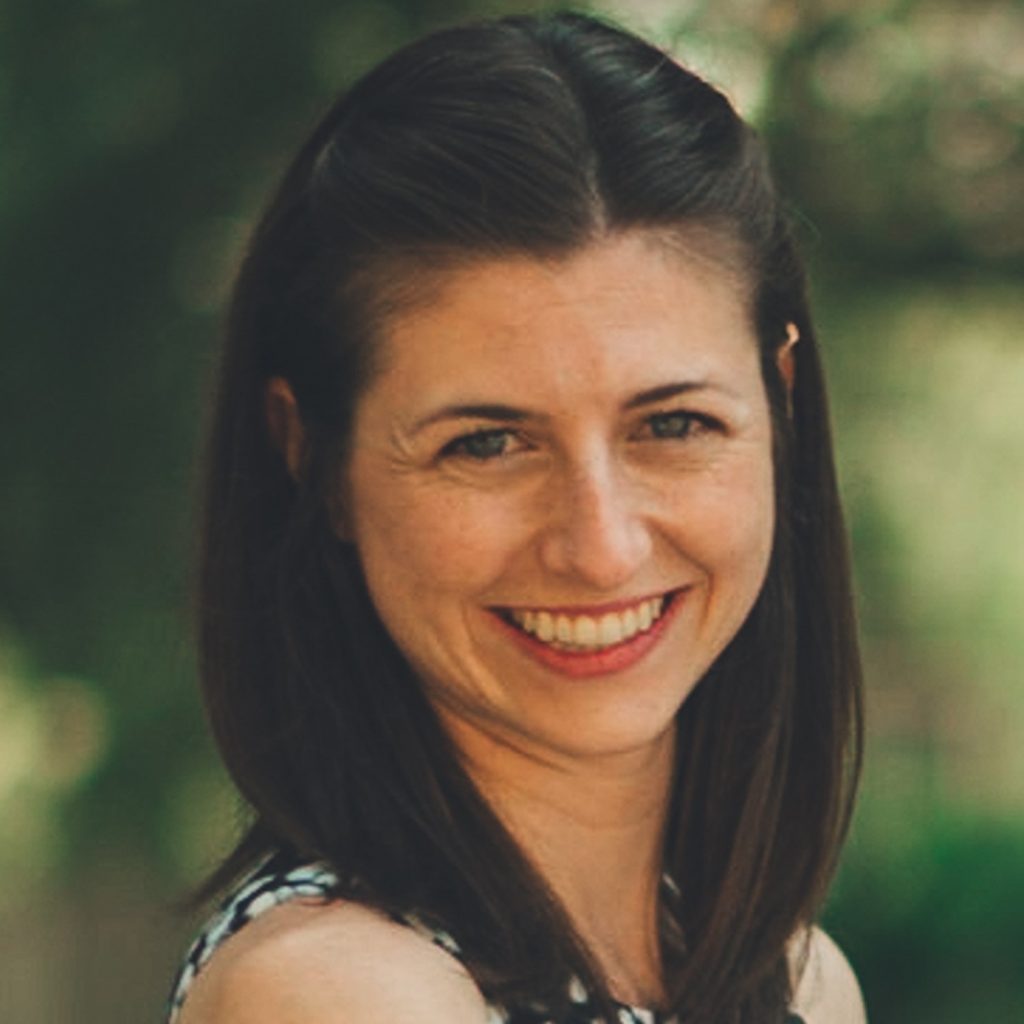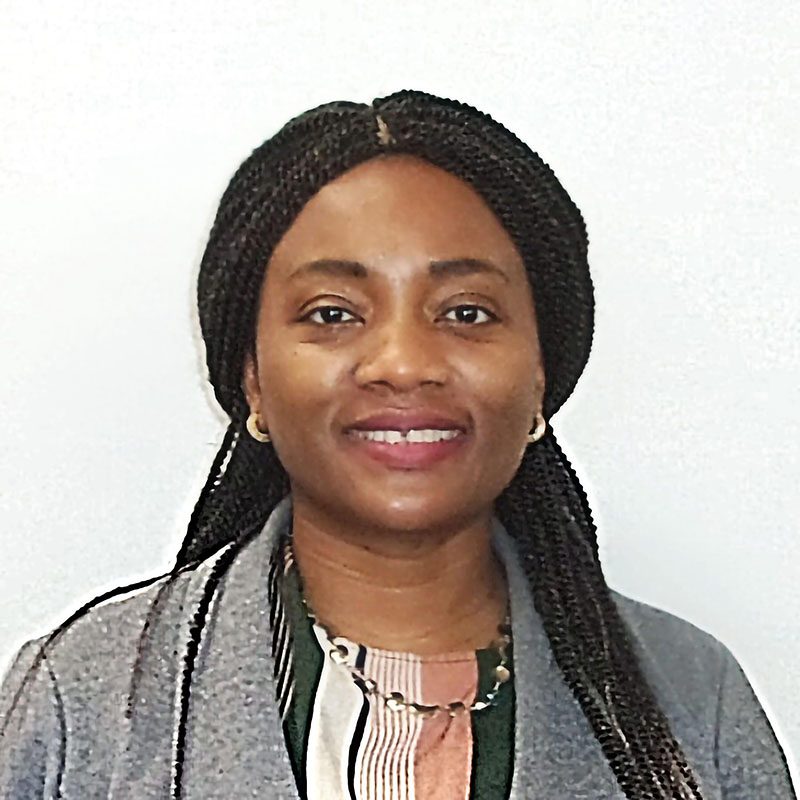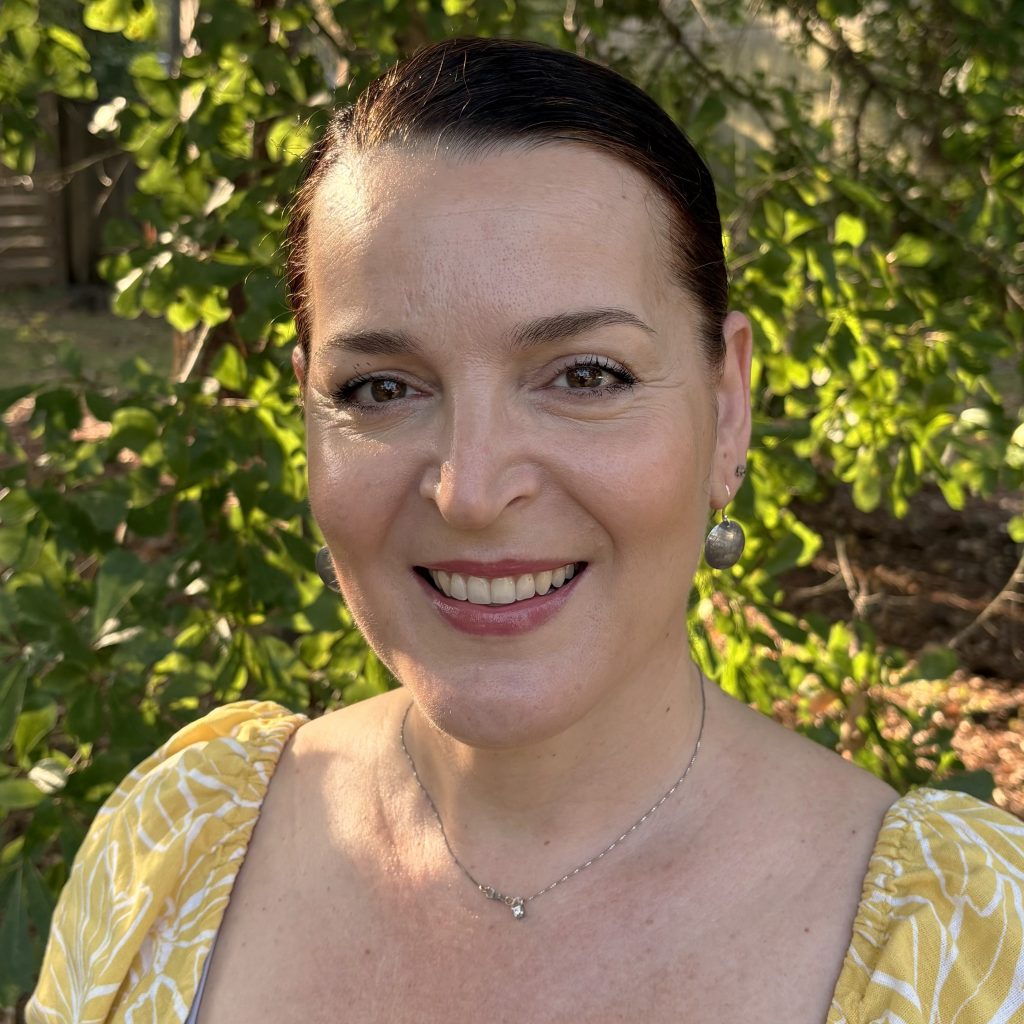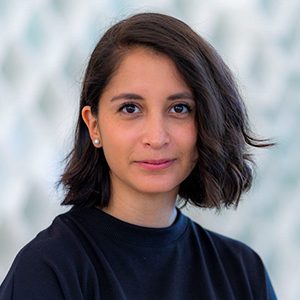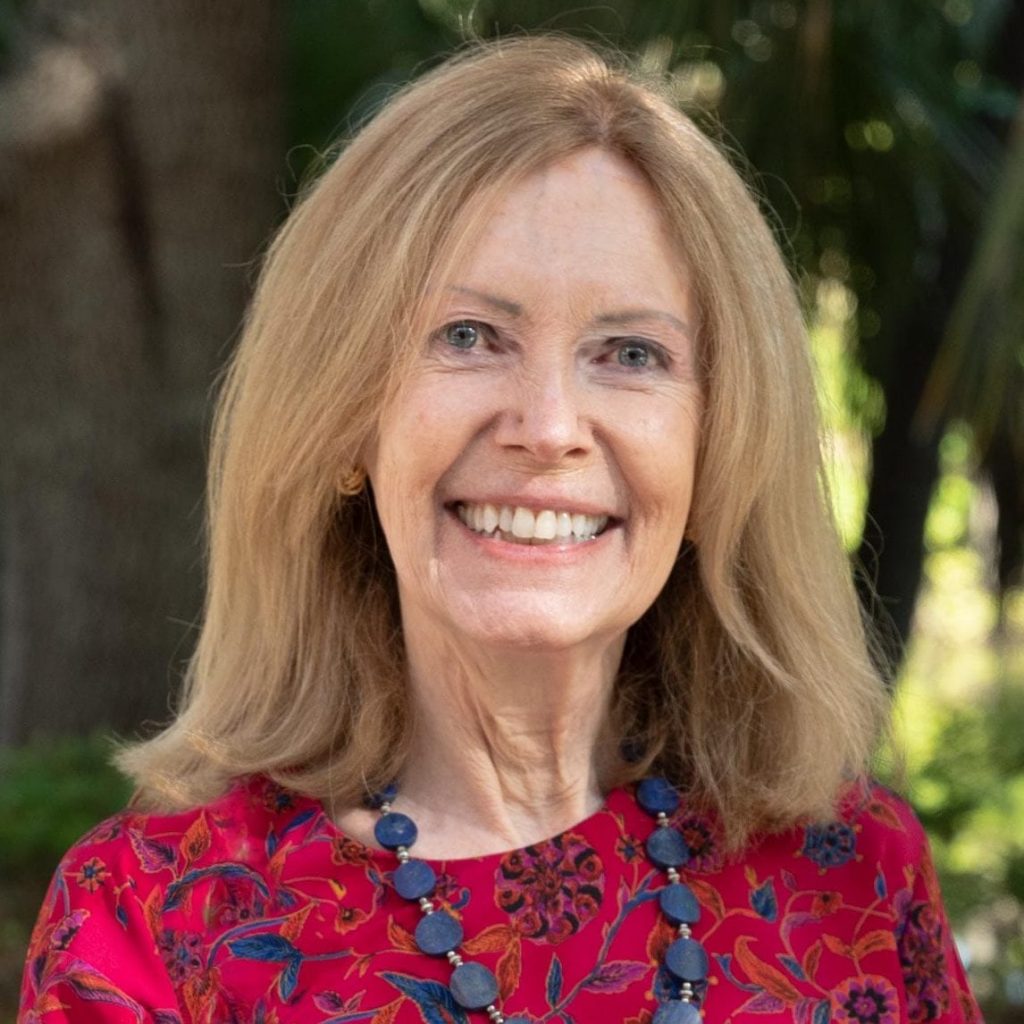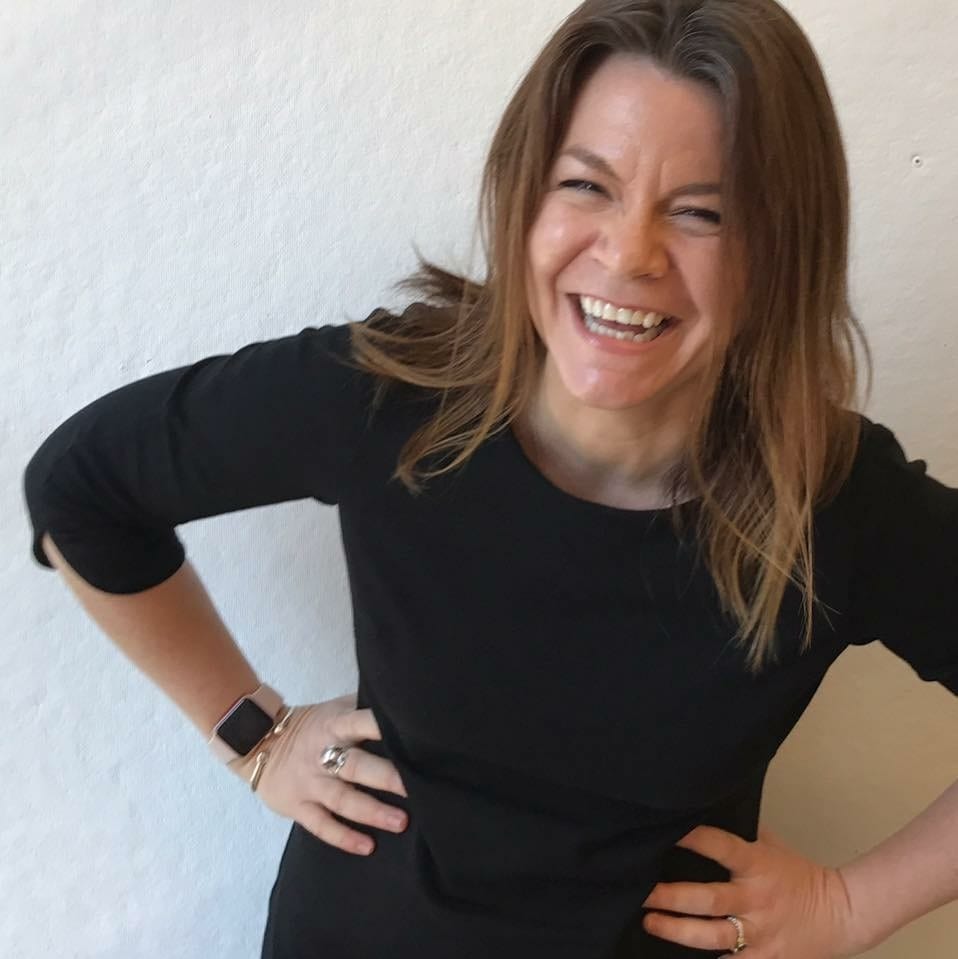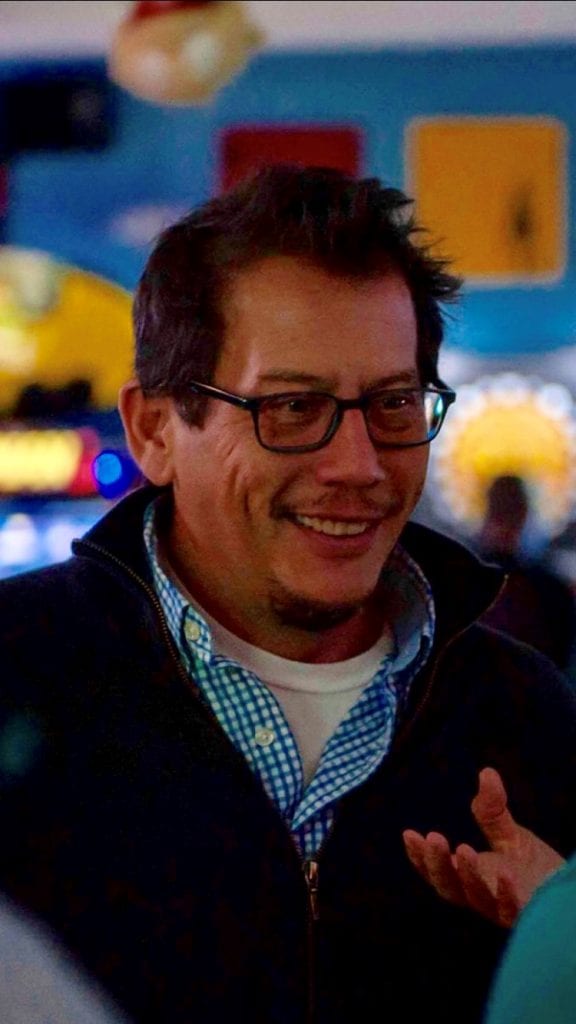Aoife Houlihan Wiberg
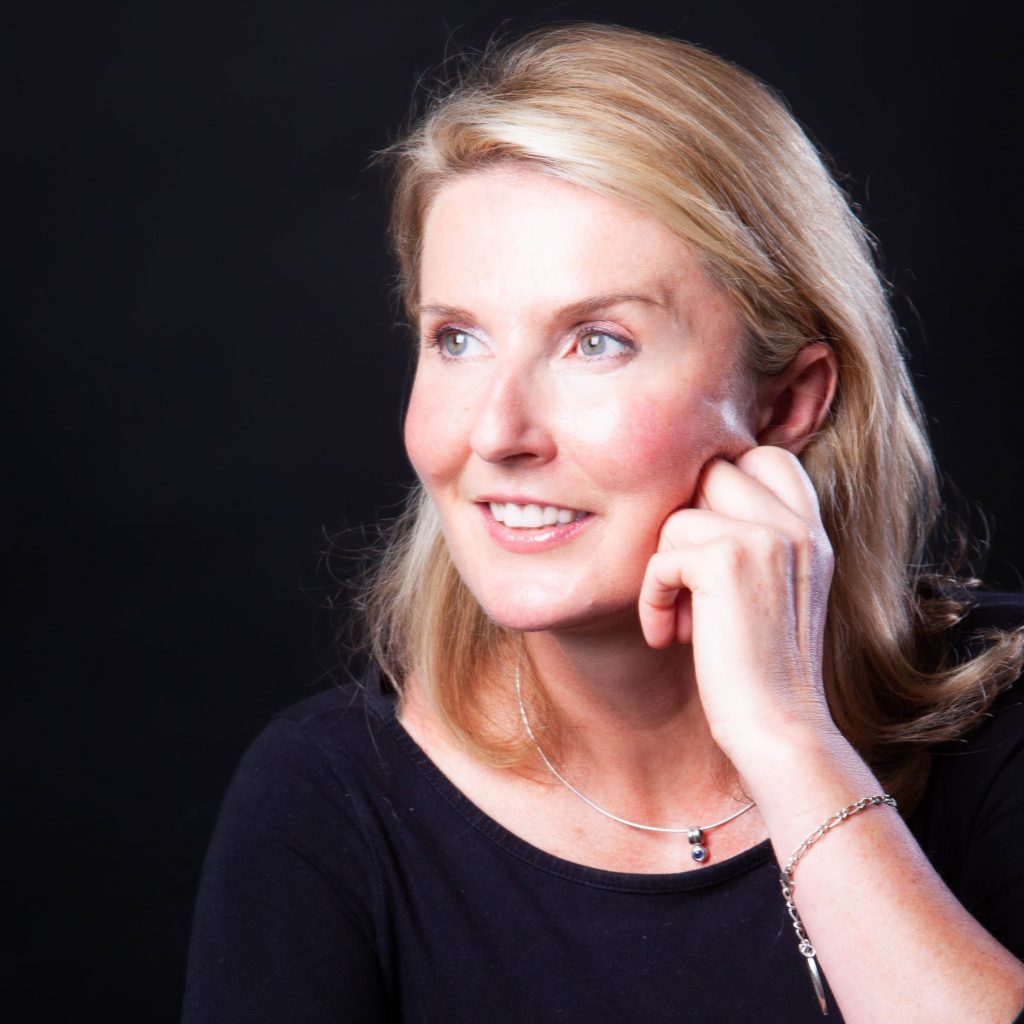
Aoife Houlihan Wiberg is delighted to join The School of Architecture at the University of Florida as Professor of Architecture and Associate Director of Research. She is an international architect, academic, and researcher with over 15 years of experience in Net Zero Emission buildings and neighbourhood design, living labs, embodied carbon methods, and data visualisation. She has been a guest speaker across Asia, Europe, and the USA and serves on several international scientific and editorial committees.
Previously, she held academic positions at the University of Bath and Ulster University in the UK. She also spent a decade at the Norwegian University of Science and Technology, contributing to the Research Centre for Zero Emission Buildings and the Research Centre for Zero Emission Neighbourhoods in Smart Cities.
She joins us from the UK from The Department of Architecture and Engineering at The University of Bath and at The Belfast School of Architecture at Ulster University, Belfast where she was Professor of Architecture, and Chair of Research in Architecture. She worked for 10 years at The Research Centre for Zero Emission Buildings (ZEB http://zeb.no/index.php/en) and The Research Centre for Zero Emission Neighbourhoods in Smart Cities (https://fmezen.no) at the Norwegian University of Science and Technology, Trondheim, Norway.
She is a Chartered member of The Royal Institute of British Architects (RIBA), graduated as an architect from Cardiff University and completed her M.Phil. and PhD Degrees in Architecture from the University of Cambridge, England. She serves as the UK National Expert in the International Energy Agency (IEA EBC) Annex 89 – Ways to Implement Net-zero Whole Life Carbon Buildings (2023-28). Previous she led research as both UK and Norway expert in Annex 72 – Assessing Life Cycle Related Environmental Impacts Caused by Buildings (2017-2023) and serving as Norway’s national expert in Annex 57 – Evaluation of Embodied Energy and CO2eq Emissions for building construction (2012-2015).
Aoife Houlihan Wiberg Read More »
